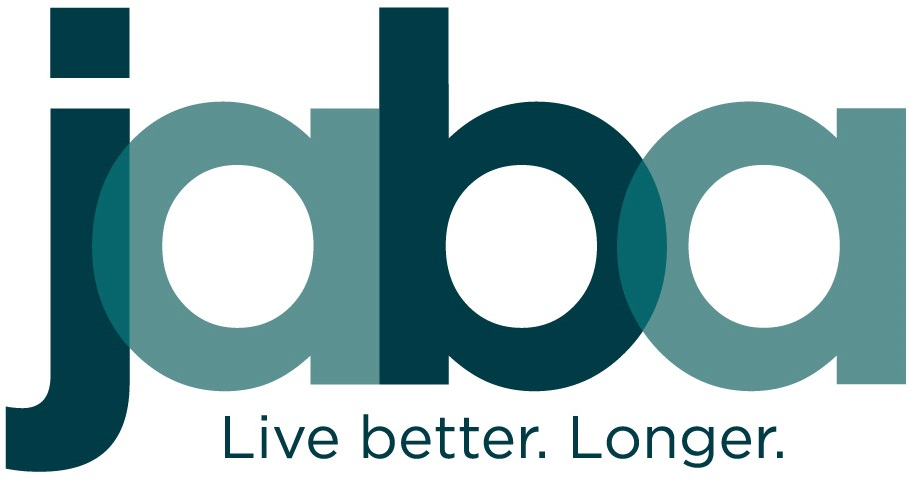Enroll in comprehensive, affordable coverage on HealthCare.gov before time runs out!
Charlottesville, Virginia – With unprecedented unemployment during the public health and economic crisis caused by the coronavirus pandemic -- including 493,501 people filing new unemployment claims in Virginia between mid-March and April 18th -- many people have lost their job-based health insurance. HealthCare.gov can help these people secure comprehensive and affordable coverage, but they must act quickly.
Individuals who lose their job-based coverage qualify for a Special Enrollment Period (SEP) on HealthCare.gov. This opens up a 60-day window to enroll in coverage, often with financial assistance that reduces monthly costs. If someone misses their chance to enroll, they may be unable to enroll in coverage on HealthCare.gov until November 1, 2020, for coverage beginning in 2021.
“As unemployment numbers in recent weeks dwarf the worst weeks of the Great Recession, millions of Americans are losing the job-based insurance they rely upon to get access to quality, affordable care,” said Randy Rodgers, JABA's Manager of Insurance Counseling. “HealthCare.gov has comprehensive and affordable coverage that these workers can enroll in, but they must act quickly.”
Employees may be given the option to extend their job-based coverage by enrolling in COBRA, but employers often don’t contribute to the cost of the plan so the individual pays full price. This can make COBRA cost-prohibitive, with an average monthly premium of about $640 for a single individual, and $1,840 a month for a family of four for a typical employer plan. HealthCare.gov plans are likely to be significantly more affordable due to the financial assistance available, which 84 percent of Virginia’s marketplace enrollees qualify for. After financial assistance, the average monthly premium on HealthCare.gov is $94 in Virginia.
Individuals who didn’t have insurance through their employer and are currently uninsured may still be able to enroll in coverage if they experience a life event that qualifies them for an SEP, such as getting married or having a baby. People can go to www.HealthCare.gov/screener to find out if they might qualify for an SEP. By visiting HealthCare.gov, people who’ve lost their jobs or seen their incomes drop can also learn whether they qualify for free or low-cost comprehensive coverage through Medicaid.
Consumers enrolling in a plan on HealthCare.gov are guaranteed to receive comprehensive coverage, with no pre-existing condition exclusions or markups. HealthCare.gov plans are required to cover essential health benefits (such as prescription drugs, lab services, hospitalization). Testing and treatment of COVID-19 are considered essential health benefits and are covered by all HealthCare.gov plans, and testing is covered with no cost sharing.
Consumers should avoid insurance plans offered outside of HealthCare.gov that seem too good to be true. Unfortunately, a bevy of “junk insurance” products are available due to loosened regulations, and they pose huge financial risks to consumers. These products aren’t required to comply with ACA regulations, which means they can deny coverage to consumers with pre-existing conditions, charge consumers more based on their gender, reject claims altogether for health care services related to a pre-existing condition, and impose annual coverage limits. Many won’t cover the COVID-19-related services people need.
The health insurance landscape can be confusing, but free, local help is available. You can find someone to help you navigate the enrollment process by calling JABA’s Insurance Counseling at 434-817-5248 or visiting Healthcare.gov.
Contact: Randy Rodgers
(434) 817-5239
rrodgers@jabacares.org
